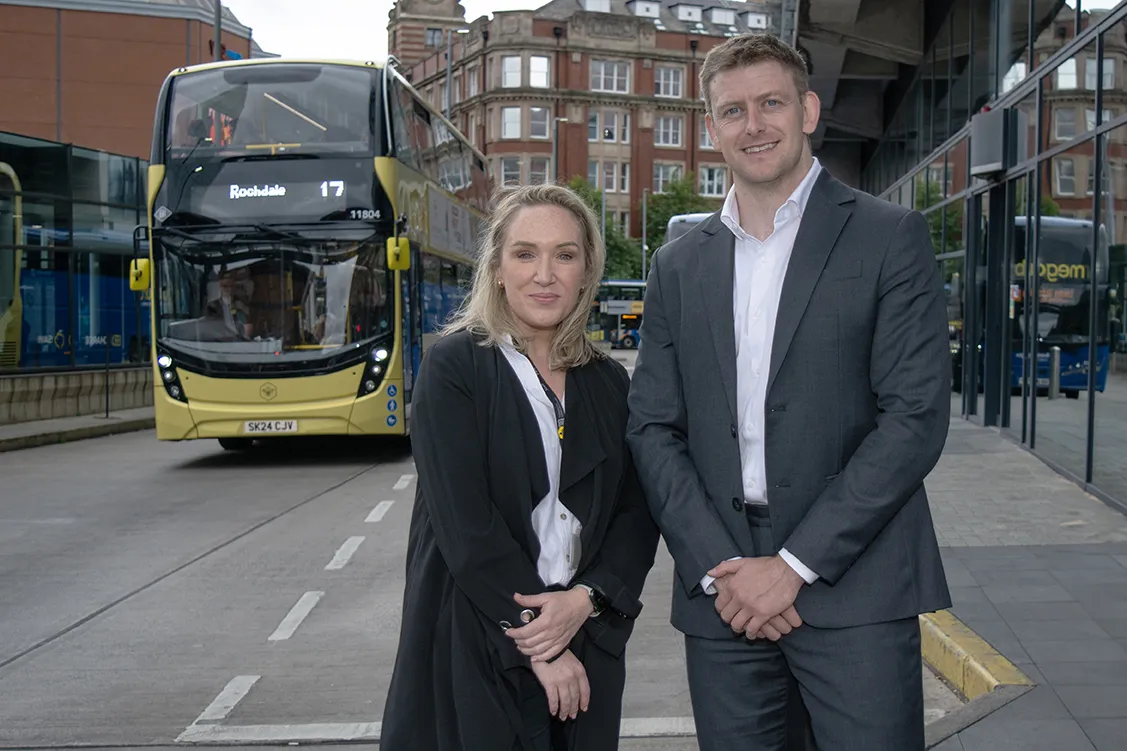
Transport for Greater Manchester (TfGM) in the UK has partnered with bus schedule optimisation specialist CitySwift.
TfGM will leverage CitySwift’s latest product offering, Spotlight, a recommendation engine for bus network enhancements.
As the local transport government body, TfGM is responsible for the Bee Network, Greater Manchester’s vision for an integrated, accessible and affordable London-style transport system. More than 5.6 million daily journeys are taken on the city region’s roads, trains, trams and buses.
Around half of the bus network in Greater Manchester is under local TfGM control, with the remaining half joining from 5 January next year.
Bee Network aims to grow bus use by around to 30% by 2030 from 2022-23 levels, equating to nearly 50 million additional bus journeys annually. This growth will be driven by improvements such as a more integrated, user-friendly and frequent network as well as better infrastructure for reliable bus journeys.
CitySwift’s performance optimisation platform gives operators and transport authorities insights, recommendations and predictions, supporting them in the delivery of efficient, reliable and in-demand services.
“The goals and vision set out in the Greater Manchester Bus Strategy speak clearly to our mission at CitySwift, to grow patronage with frequent and more reliable buses,” said Brian O’Rourke, chief executive and co-founder of CitySwift.
TfGM will have access to CitySwift’s performance data across the entire Bee Network. This will help to identify trends and so-called pain points such as traveller destinations and service performance, allowing them to recognise where improvements should be made to benefit users.
Spotlight provides AI-powered insights into performance and resource parameters such as timeliness, cost and vehicle numbers through scanning the whole network, executing optimisation variations and proposing ROI – return on investment - improvements.
“Customers are at the heart of the Bee Network and by working with CitySwift we will be able to see more clearly than ever how services are performing,” said Catherine Towey, senior lead for bus franchising at TfGM. “We can then use this information prioritise improvements and deliver a better service for passengers.”









